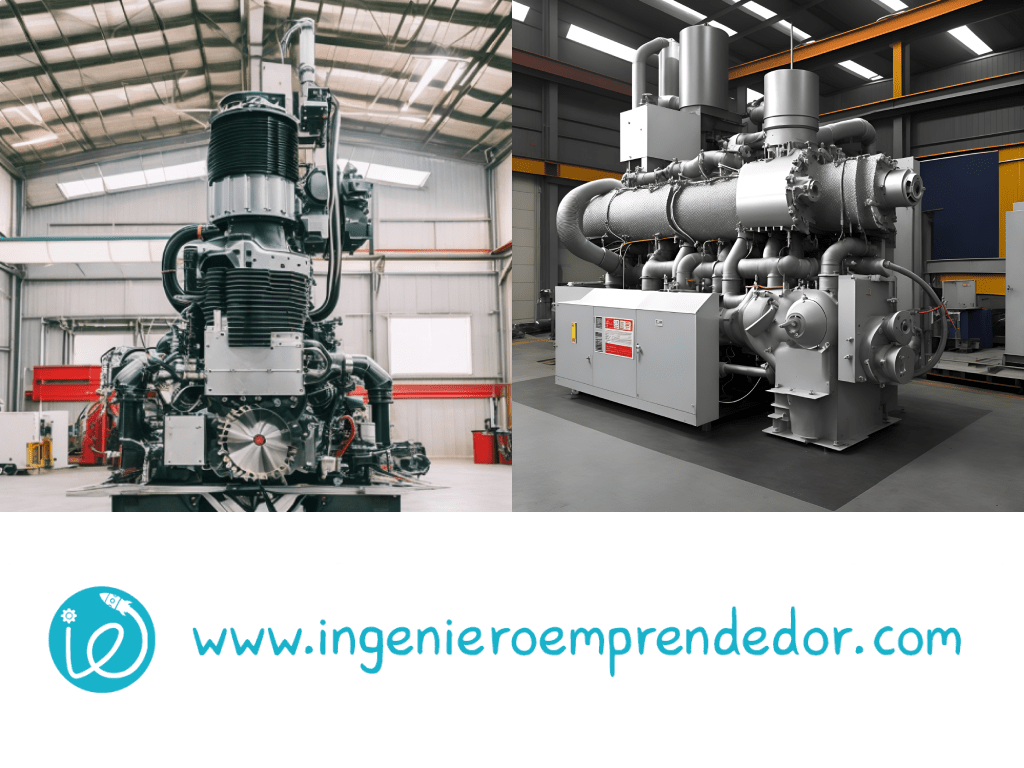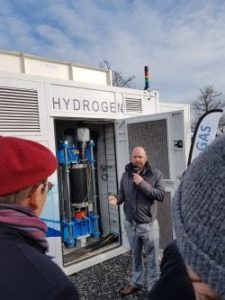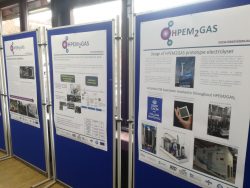Hydrogen combustion engines: benefits, challenges and its impact.

Welcome to this article on hydrogen combustion engines!
If you are looking for information on how hydrogen combustion engines can improve energy efficiency and reduce greenhouse gas emissions, then you have come to the right place.
In this article, we will take an in-depth look at the benefits and challenges of hydrogen combustion engines, how they compare to conventional internal combustion engines and how they may affect the environment. We will also give you some tips on how to improve your manufacturing strategy if you are working in the hydrogen combustion engine sector.
What are hydrogen combustion engines?
A hydrogen combustion engine is a type of engine that uses hydrogen as fuel instead of petrol or diesel. Unlike conventional internal combustion engines, which generate energy through the combustion of fossil fuels, hydrogen combustion engines generate energy through the chemical reaction between hydrogen and oxygen in the air. The only products of combustion are water vapour and energy, which means that hydrogen combustion engines have the potential to significantly reduce greenhouse gas emissions.
Benefits of hydrogen combustion engines
There are several benefits associated with hydrogen combustion engines. Firstly, hydrogen combustion engines are highly efficient and can generate much more energy from the same amount of fuel compared to conventional internal combustion engines. This means that vehicles with hydrogen combustion engines can have a longer range and lower fuel consumption, which translates into lower operating costs.
In addition, hydrogen combustion engines do not emit greenhouse gases and instead produce water vapour. This makes them a sustainable alternative to conventional internal combustion engines that emit large amounts of greenhouse gases. This can be particularly beneficial for companies seeking to reduce their carbon footprint and improve their public image in terms of corporate social responsibility.
Challenges of hydrogen combustion engines
Despite the benefits associated with hydrogen combustion engines, there are also some challenges that must be addressed. First, hydrogen is a highly flammable fuel and can be difficult to store and transport safely. In addition, the infrastructure needed to produce, store and distribute hydrogen is expensive and still under development.
Another major challenge is the efficiency of the hydrogen production process. Currently, most hydrogen is produced from natural gas, which emits large amounts of carbon dioxide. In order for hydrogen combustion engines to be truly sustainable

























